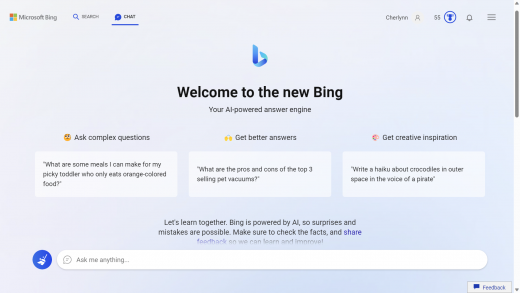Microsoft’s new Bing and Edge hands-on: Surprisingly well-integrated AI
Google unveils Bard, its ChatGPT rival
ChatGPT, the automated text generation system from OpenAI, has taken the world by storm in the two months since its public beta release but that time alone in the spotlight is quickly coming to an end. Google announced on Monday that its long-rumored chatbot AI project is in fact real and very much on the way. It’s called Bard and we expect to hear a lot more about it during Wednesday’s “Google Presents” event from Paris.
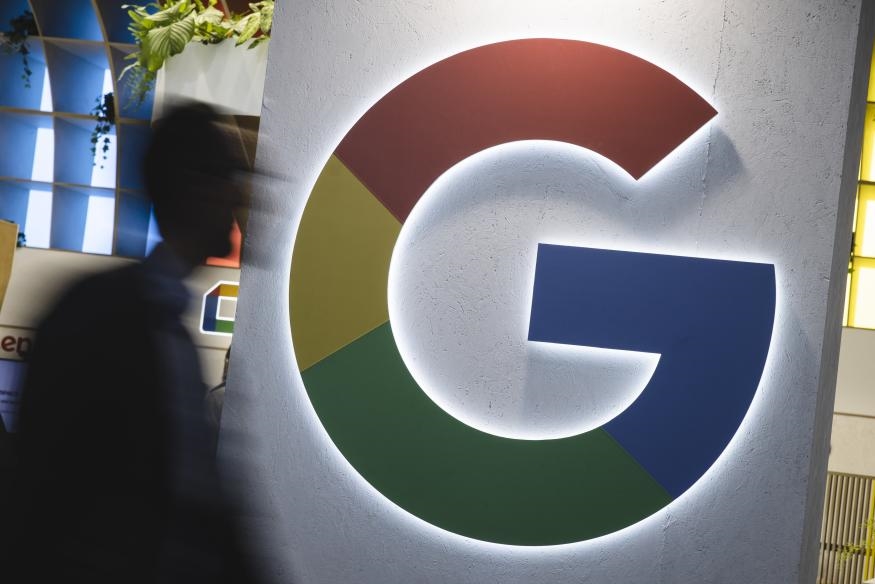
Bard will serve as an “experimental conversational AI service,” per a blog post by Google CEO Sundar Pichai Monday. It’s built atop Google’s existing Language Model for Dialogue Applications (LaMDA) platform, which the company has been developing for the past two years.
“Bard seeks to combine the breadth of the world’s knowledge with the power, intelligence and creativity of our large language models,” Pichai declared. “It draws on information from the web to provide fresh, high-quality responses.” Whether that reliance on the internet results in bigoted or racist behavior, as seemingly every chatbot before it has exhibited, remain to be seen.
The program will not simply be opened to the internet as ChatGPT was. Google is starting with the release of a lightweight version of LaMDA, which requires far lower system requirements than its full-specced brethren, for a select group of trusted users before scaling up from there. “We’ll combine external feedback with our own internal testing to make sure Bard’s responses meet a high bar for quality, safety and groundedness in real-world information,” Pichai said. “We’re excited for this phase of testing to help us continue to learn and improve Bard’s quality and speed.”
Chatting with internet users is only the next step in Google’s larger AI mechanizations. Pichai notes that as user search requests become more complex and nuanced, “you’ll see AI-powered features in Search that distill complex information and multiple perspectives into easy-to-digest formats, so you can quickly understand the big picture and learn more from the web,” Pichai said. He added that such features would be rolling out to users “soon.” Select developers will be invited to explore the commercial API running atop LaMDA, dubbed Generative Language API, next month.
Pichai didn’t share many specifics on what Bard will actually be capable of, beyond the flowery “[it’s] a launchpad for curiosity, helping you to explain new discoveries from NASA’s James Webb Space Telescope to a 9-year-old,” prose he offered. Expect more details to come to light during the company’s “Google Presents” event live from Paris, this Wednesday, February 8th.
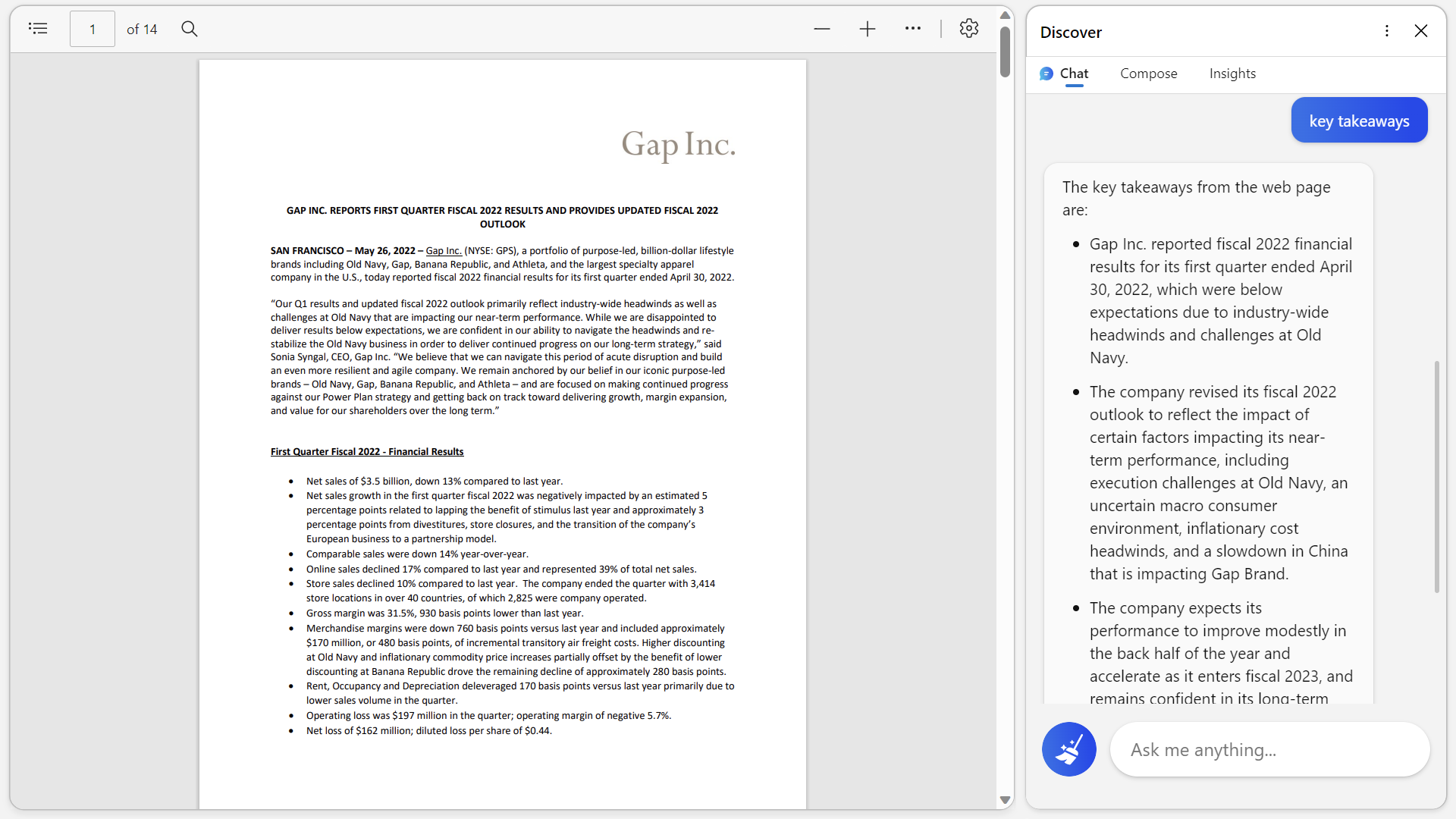
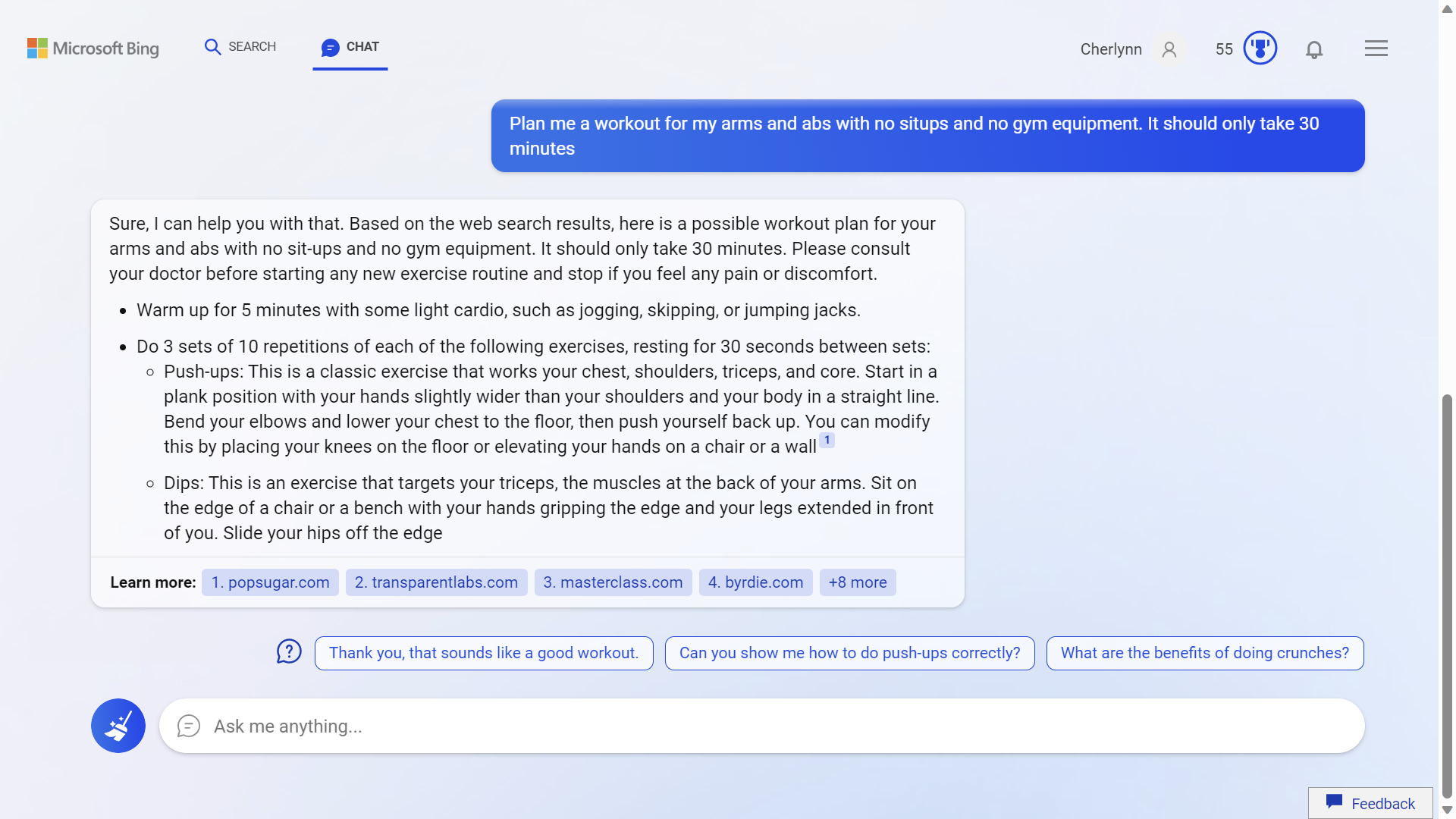
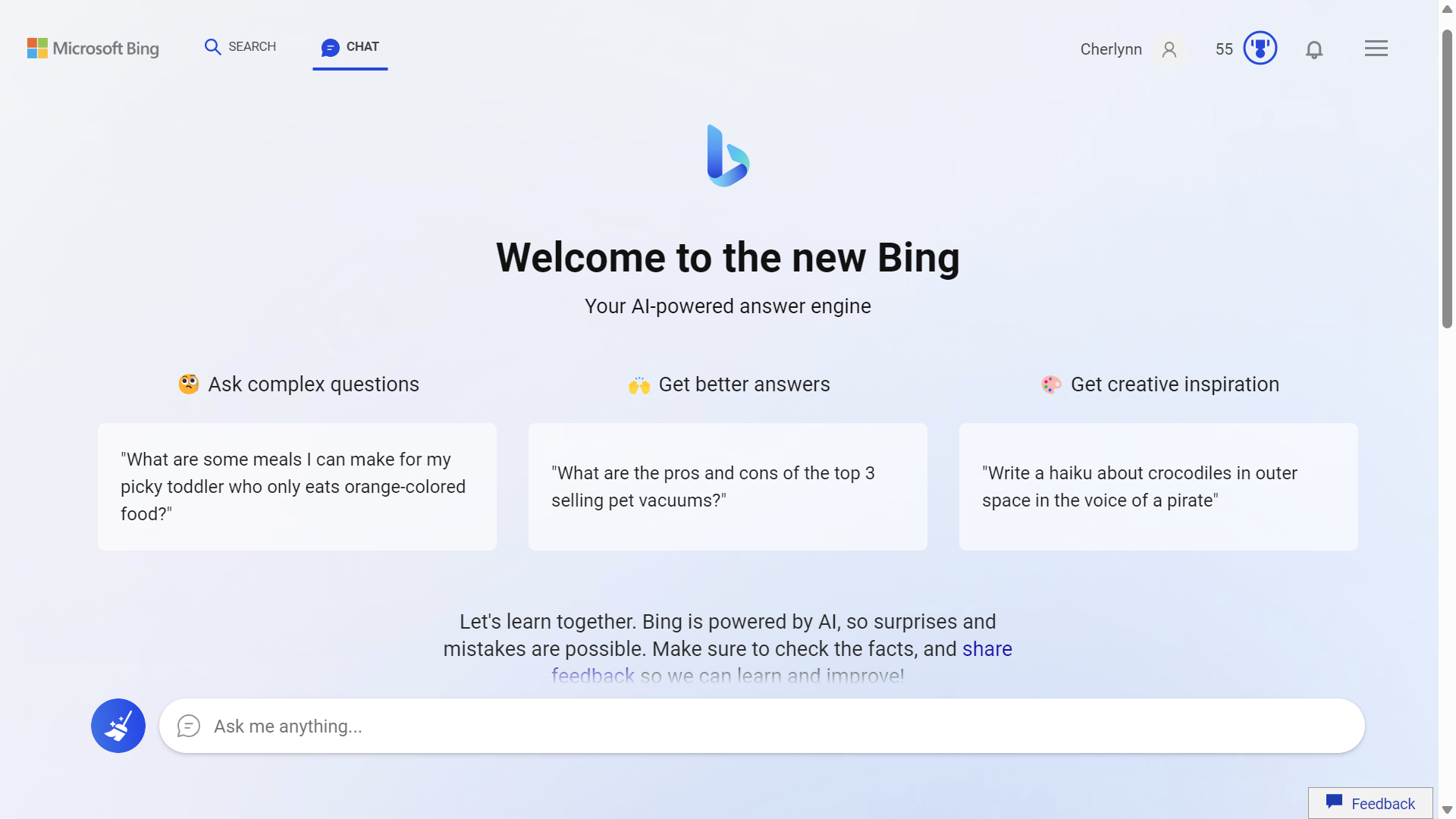
(47)

